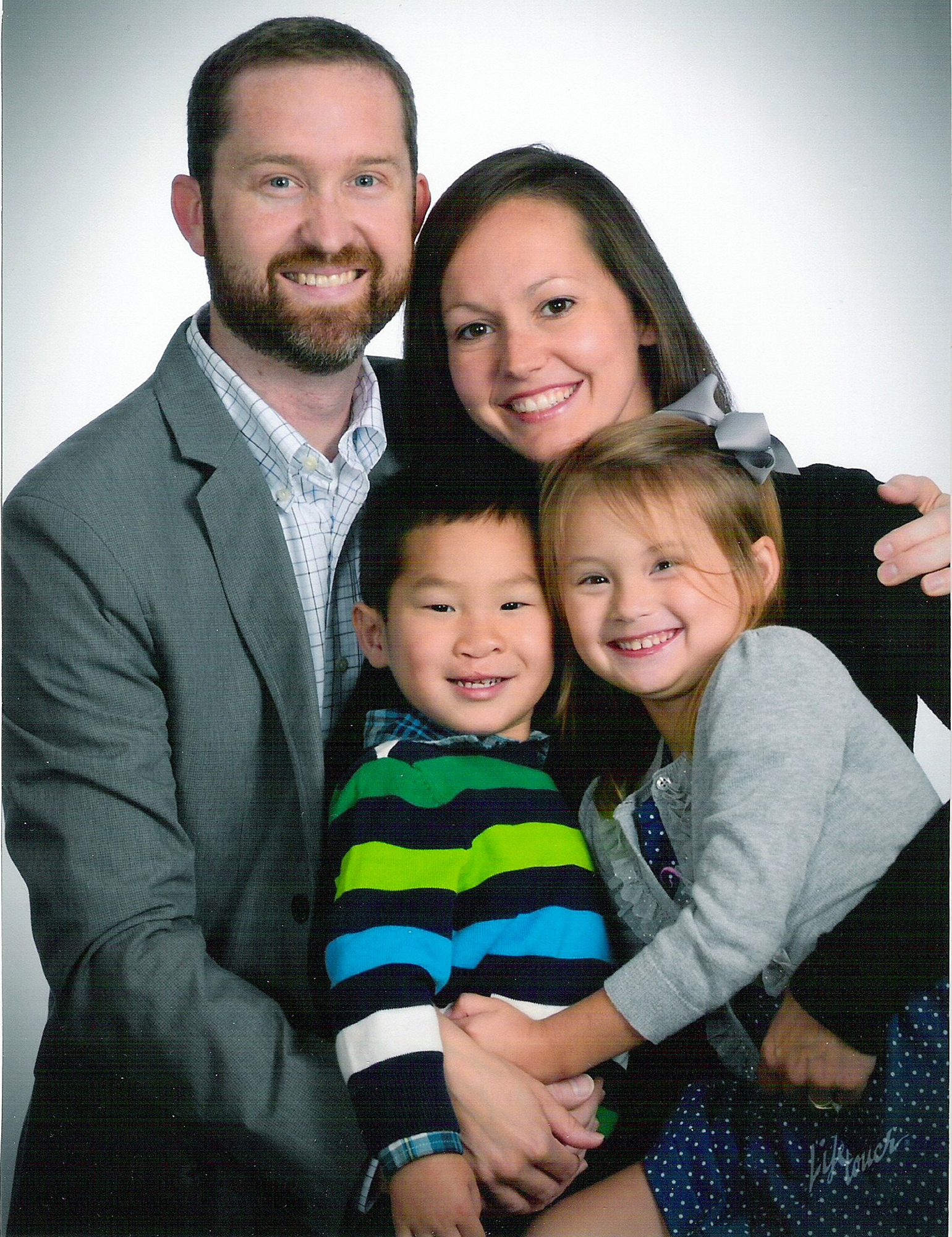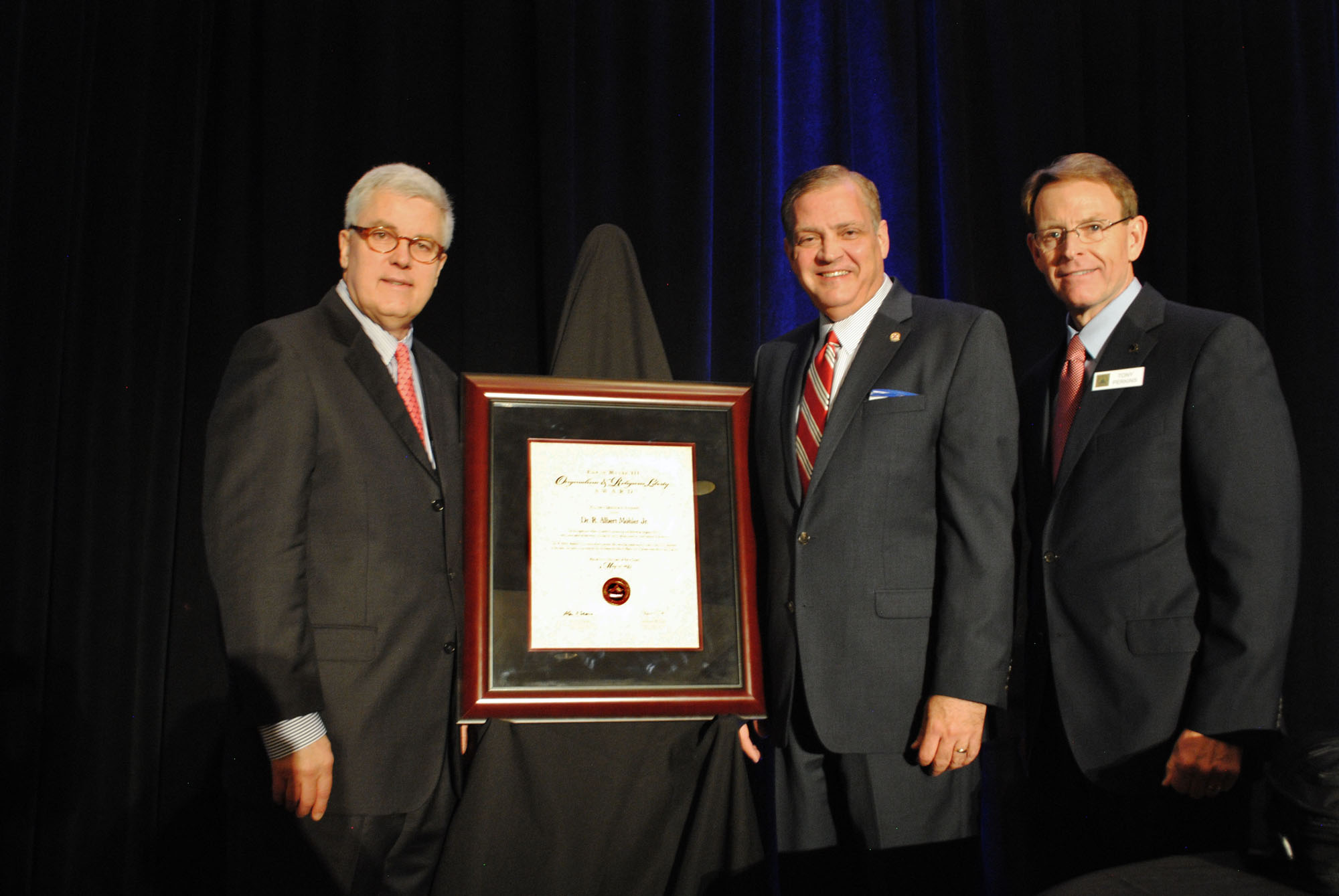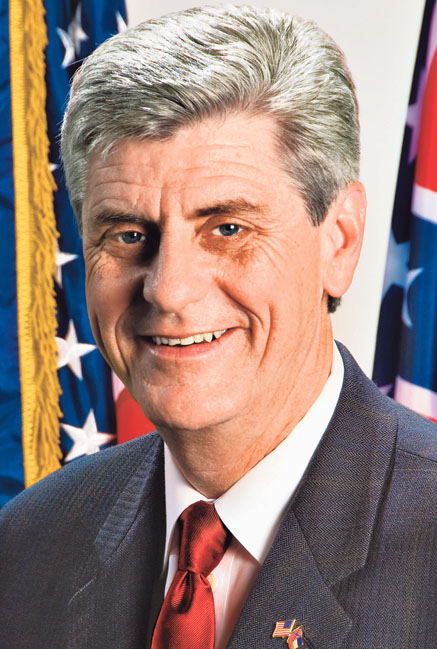
NASHVILLE (BP) — Five states in the U.S. have passed laws protecting the rights of faith-based adoption and foster care agencies to restrict child placement based on religious beliefs, and at least two other states are considering similar legislation.
 Alabama became the latest state to approve the freedom of conscience measure May 3 when newly appointed Gov. Kay Ivey signed into law the Child Placing Agency Inclusion Act, the Associated Press reported. The Alabama measure is limited to faith-based agencies that do not receive government funding.
Alabama became the latest state to approve the freedom of conscience measure May 3 when newly appointed Gov. Kay Ivey signed into law the Child Placing Agency Inclusion Act, the Associated Press reported. The Alabama measure is limited to faith-based agencies that do not receive government funding.
South Dakota passed a similar measure in March. Laws were already on the books in Virginia, which led the way with such legislation in 2012, followed by Michigan and North Dakota. In Texas and Oklahoma, legislation protecting adoption and foster placement were introduced this year and are currently in committees, according to a tracking service at the American Civil Liberties Union. A similar bill passed the Georgia House in February, but died in the Senate when the Georgia General Assembly adjourned in March, according to the state’s legislative website.
The bills affect adoption and foster agencies of all faiths, including homes supported by state Southern Baptist associations, and passed despite active opposition from LGBT community advocates.
The legislation passed in Alabama because of heavy support from Christian leaders, according to religious liberty advocate Joe Godfrey, executive director of the interdenominational Alabama Citizen Action Program (ALCAP).
“We put out the word that we needed people to contact the governor’s office, because we had heard that she was going to be trying to get an executive amendment attached … to slow the bill down and try to get it tied up in the closing days of the 2017 regular session,” Godfrey told Baptist Press. “I believe she had an overwhelming number of contacts. In fact, that’s one of the reasons we believe the governor signed it.”
In at least three states and Washington, D.C., faith-based adoption services have chosen to shut down after lawmakers passed applicable non-discrimination laws including sexual orientation.
ALCAP endorsed the bill because of its potential to affect the lives of unborn children. Limiting the number of agencies working to place children in adoptive homes might impact an expectant mother’s decision to carry the child to term, he said.
About 30 percent of the adoptions in Alabama are secured through faith-based agencies, said Eric Johnston, ALCAP legal adviser and president of the Alabama Pro-Life Coalition, Inc.
In signing the bill, Ivey mentioned the volume of children the legislation affects.
“I ultimately signed House Bill 24 because it ensures hundreds of children can continue to find forever homes through religiously-affiliated adoption agencies,” she told AP. “This bill is not about discrimination, but instead protects the ability of religious agencies to place vulnerable children in a permanent home.”





















